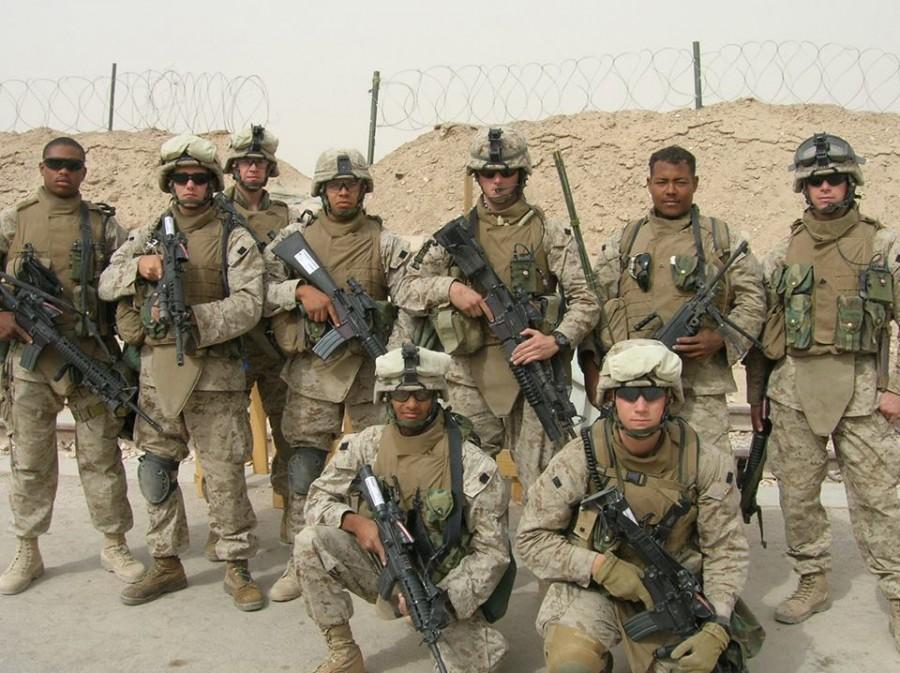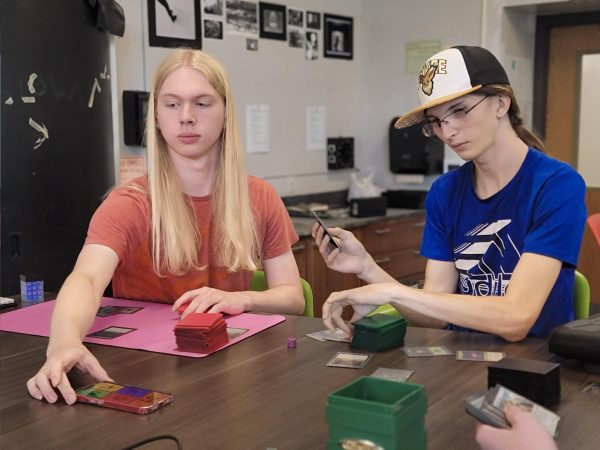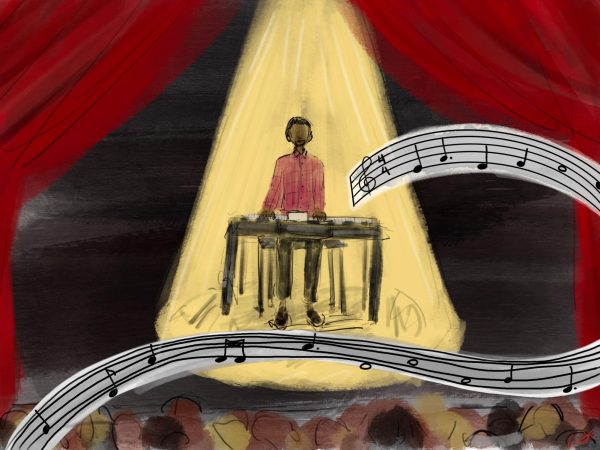On Patrol
Steven Walton was an ordinary college student studying civil engineering at Cal State Long Beach College. But when the fateful day of September 11, 2001 came around, it motivated Walton to do something extraordinary. He dropped out of college, moved home and enlisted into the Marine corps to serve his country.
After enlisting, Walton began the grueling 12-week process of his basic training on Paris Island. The program pushes marines to their physical and mental limits through martial arts training, tactical simulations and obstacle courses. The training is capped off with a 54-hour challenge known as “the crucible” that tests every skill marines have learned throughout training.
Once his basic training was completed, Walton received his first duty station in Quantico, West Virginia. “That’s where they train marine officers, so while I was there I was part of the infantry officer course and I helped train officers in everything from explosives to hand to hand combat, but my specialty was military operations,” Walton said.
In 2005, Walton was deployed to Fallujah, Iraq for a nine month tour. During his time, one of Walton’s main duties was to perform combat patrols. “When we did combat patrols in the city it was to root out any terrorist activity and any people doing bad stuff,” Walton said. “Often times it was just to go out and draw fire and return fire and we would go seem them out and go try to kill them.”
During his combat patrols, Walton and his battalion encountered many assailants. “You had civilian populates you had to negotiate with, and at every street corner you didn’t know what was around that corner,” Walton said. The Mujahadeen, the United State’s main target, began to use children in their attacks on American soldiers. “They were giving kids old Soviet grenades to throw at us which sometimes would go off sometimes they wouldn’t.”
The Mujahadeen was a guerrilla military force that was controlling the city of Fallujah. They traveled in small groups attacking American convoys and units. Walton and his battalion found themselves receiving and returning fire with the Mujahadeen during his combat patrols. “You try to dehumanize the bad people because it makes it easier to do the things that you have to do,” Walton said.
After completing his nine month tour, Walton returned to the States. He now resides in Washington D.C. with his wife and two children where he works as a program analyst for the Department of Homeland Security.









